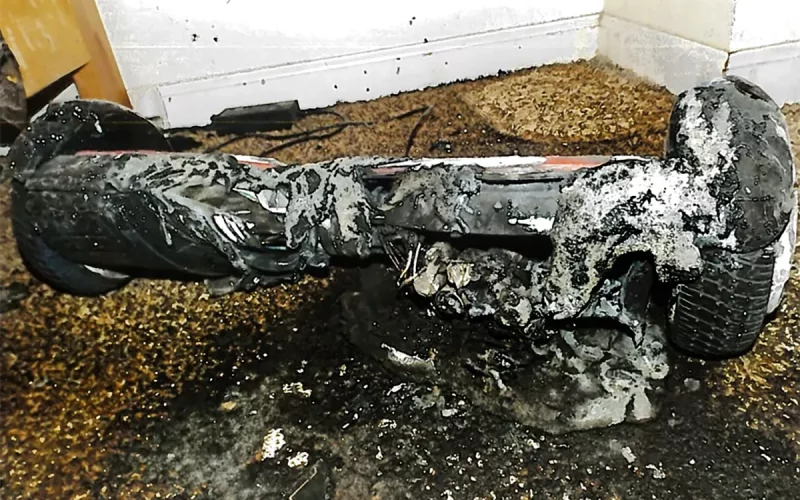Appellate amazon amazonlazarus angelestimes
Should Amazon, which handles around half of all online transactions, be held liable for the security of all goods sold on its website, including those provided by third parties?
No, says Amazon.
This Thursday, three state court of appeal justices in Los Angeles disagreed.
The judges rejected Amazon’s argument that its website is just a platform that links consumers and sellers, saying instead that “we are satisfied that Amazon’s own business operations render it a direct link in the vertical chain of distribution under California’s strict liability concept.”
The bottom fact is that when someone buys a product from a third party, Amazon — and therefore all online merchants — aren’t merely spectators. It’s a crucial element of the deal.
And if that product turns out to be hazardous, it might be held liable.
The retailer is Amazon. They are the ones selling the merchandise, according to Christopher Dolan, the San Francisco attorney who led the legal battle against the titan of e-commerce.
He said to me, “You can be sure Amazon is revising all of its regulations for third-party merchants, and it’s doing it today, because of this verdict.
An essential component of Amazon’s retail hegemony is the fact that more than half of all the products sold by the business are from third parties. That proportion reached a record high of 55% in the fourth quarter of 2020.
The hoverboard that Kisha Loomis, a resident of Oroville in Butte County, north of Sacramento, bought in December 2015 is at issue in this case.
Do you recall hoverboards? The self-balancing machines were designed to mimic the flying skateboards from “Back to the Future Part II.”
The ones Marty McFly used to travel about the made-up Californian town of Hill Valley weren’t even close to being as fantastic as the ones in the real world. They were propelled by lithium-ion batteries and had wheels.
The issue was that such batteries had a frightening propensity to catch fire.
That is exactly occurred with the hoverboard Loomis ordered for her kid for Christmas from a Chinese manufacturer through Amazon.
Loomis was “severely injured” when she tried to hurl the blazing device from her house less than a week after the holiday, according to Dolan, who claimed that the hoverboard “exploded while charging in a bedroom.”
Unfortunately, L.A. Around the moment Loomis’ invention exploded, firemen witnessed their first exploding hoverboard. A hoverboard that caught fire on a Koreatown sidewalk was captured on camera by KTLA.
Dolan pursued the matter on Loomis’ behalf and discovered that the Chinese producer and its American distributor had shut down, “leaving only Amazon to be held culpable for the injuries to Ms. Loomis and the damages to her home.”
In the first instance, Amazon won. An L.A. The judge agreed with the Seattle business that it was only a “online advertisement” and not accountable for the goods it sells from third parties. March 2019 saw the dismissal of the lawsuit.
The appeal court judgement this week overturns that decision and holds Amazon responsible for the goods it permits other sellers to sell on its platform.
Amazon’s “significant potential to affect the production or distribution process through its authority to seek safety certification, indemnity, and insurance before it agrees to market any goods” was mentioned by the appeal justices.
An Amazon spokesperson declined to comment on the latest verdict or if Amazon will appeal it to the state Supreme Court, asking to remain anonymous despite the fact that she is, you know, a spokeswoman.




